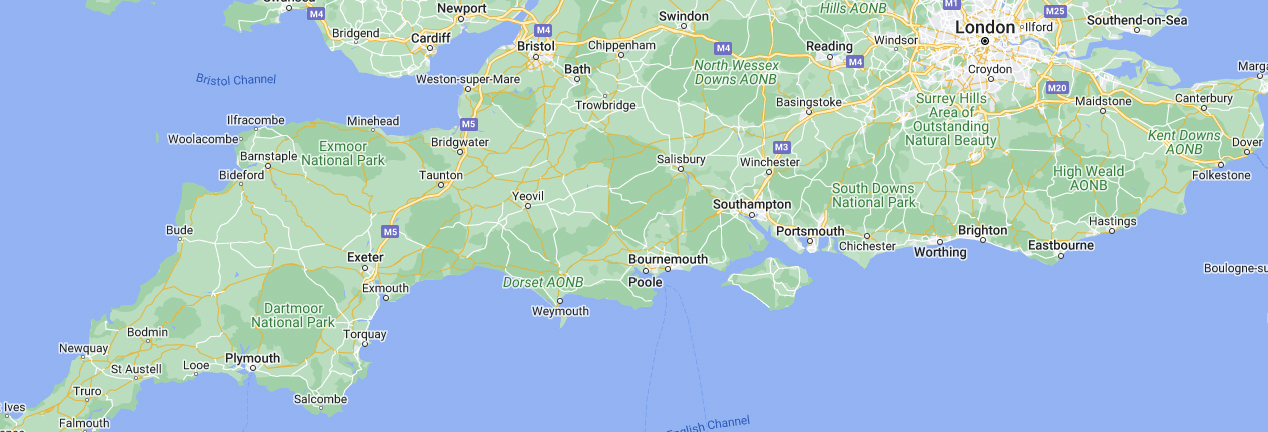Huntington’s Disease
Huntington’s Disease is an inherited neurodegenerative disease which causes damage to brain cells in the basal ganglia and cortex. It commonly occurs in people aged 35-55 years and results in movement, cognition and behaviour abnormalities.
Juvenile Huntington’s Disease accounts for approximately 6% of all cases, affecting those aged 20 years or younger.
Huntington’s Disease is characterised by ‘Chorea’; abnormal involuntary movement disorder. This can also affect speech, swallowing, posture and gait and often progresses to rigidity and dementia in the later stages.
Symptoms include:
- Chorea (loss of range and function)
- Rigidity (loss of range, immobility, contractures, deformity and pain)
- Spasm (exaggerated movements, pain)
- Speech abnormality (communication problems)
- Swallowing problems (chest infection, aspiration / choking)
Physiotherapy is important for patients with Huntington’s Disease in order to help maintain patient independence for as long as possible. Physiotherapists can provide specific exercises to help maintain balance and mobility as well as postural awareness achieved through exercises performed in standing, sitting and lying. Treatment also includes relaxation techniques, moving / handling and positioning for comfort.



